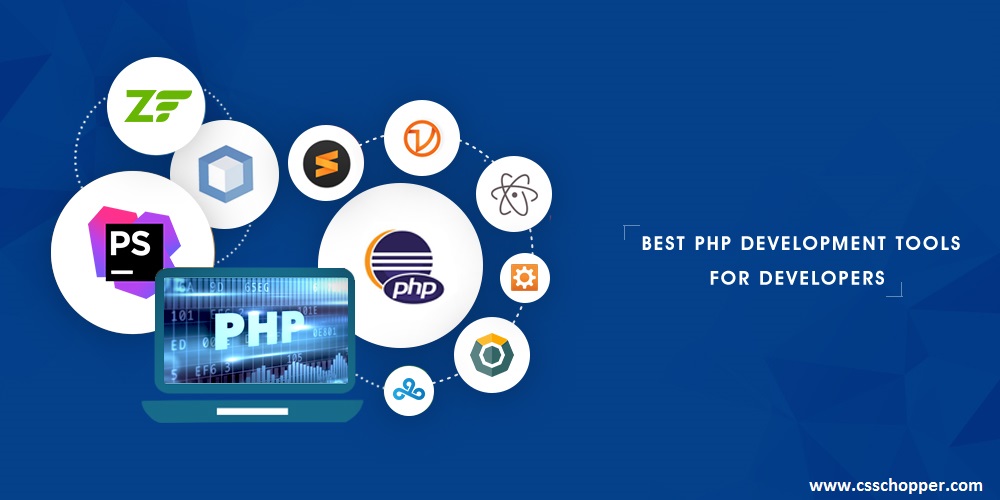Veve Vortex: Exploring the Latest Trends
Stay updated with the latest in news, tech, and lifestyle.
PHP Development: Where Bugs and Features Dance Together
Discover the quirky side of PHP development where bugs and features collide—unravel coding mysteries and boost your skills today!
Debugging in PHP: Strategies for Taming the Bug Dance
Debugging in PHP can often feel like a challenging dance with bugs that disrupt the rhythm of your coding process. To effectively tame this bug dance, start by embracing the power of error reporting. Enable display errors and set the error reporting level to the highest using the error_reporting(E_ALL) function. This approach helps illuminate any hidden issues in your code. Utilizing a robust debugger, such as Xdebug, allows for step-through debugging, so you can monitor the flow of your application and inspect variables in real time.
Another crucial strategy is to implement logging throughout your PHP code. By employing functions like error_log(), you can capture error messages and warnings that provide insight into what might be going wrong. It’s also beneficial to establish a structured error handling system that uses try-catch blocks, allowing your application to gracefully handle exceptions. By combining these techniques, you can reduce the chaos of debugging and better manage the complexities of your PHP development journey.

Key Features of PHP Development: What Every Developer Should Know
PHP development is a versatile and powerful scripting language widely used for web development. One of the key features that makes PHP an attractive choice for developers is its ease of integration with various databases, particularly MySQL. This seamless compatibility enables the creation of dynamic and data-driven websites with minimal effort. In addition, PHP supports a wide range of frameworks, such as Laravel and Symfony, which provide developers with built-in tools and libraries that streamline the development process, enhance productivity, and promote best coding practices.
Another significant feature of PHP development is the robust community support. The extensive PHP community contributes to a plethora of online resources, including forums, tutorials, and documentation, which allows developers to easily find solutions to common challenges. Furthermore, PHP is an open-source language, fostering collaboration across the globe. Developers can leverage pre-built libraries and components, saving time and reducing the need to reinvent the wheel. With the continuous advancement of PHP, including recent versions that enhance performance and security, developers are encouraged to stay updated on the latest best practices and features to ensure their applications remain competitive.
How to Balance Features and Bugs in Your PHP Projects
Balancing features and bugs in your PHP projects is crucial for maintaining a high-quality codebase and delivering a great user experience. Start by establishing a clear prioritization strategy. It might help to categorize your tasks into three main areas: critical bugs, new features, and enhancements. An effective approach could involve allocating resources first to resolve critical bugs that impact functionality before moving on to the development of new features. This helps ensure that your application remains stable and responsive while still encouraging innovation through feature development.
Once you have a prioritization strategy in place, consider implementing a regular review process. This can involve sprint reviews, where your team evaluates both newly developed features and outstanding bugs. Incorporating tools like a bug tracking system can also be a game-changer, allowing your team to visualize the status of bugs versus features effectively. Additionally, conducting a daily stand-up meeting can help keep everyone aligned on progress and blockers. Striking a balance between launching fresh features and addressing bugs not only improves overall project health but also enhances team morale and stakeholder satisfaction.